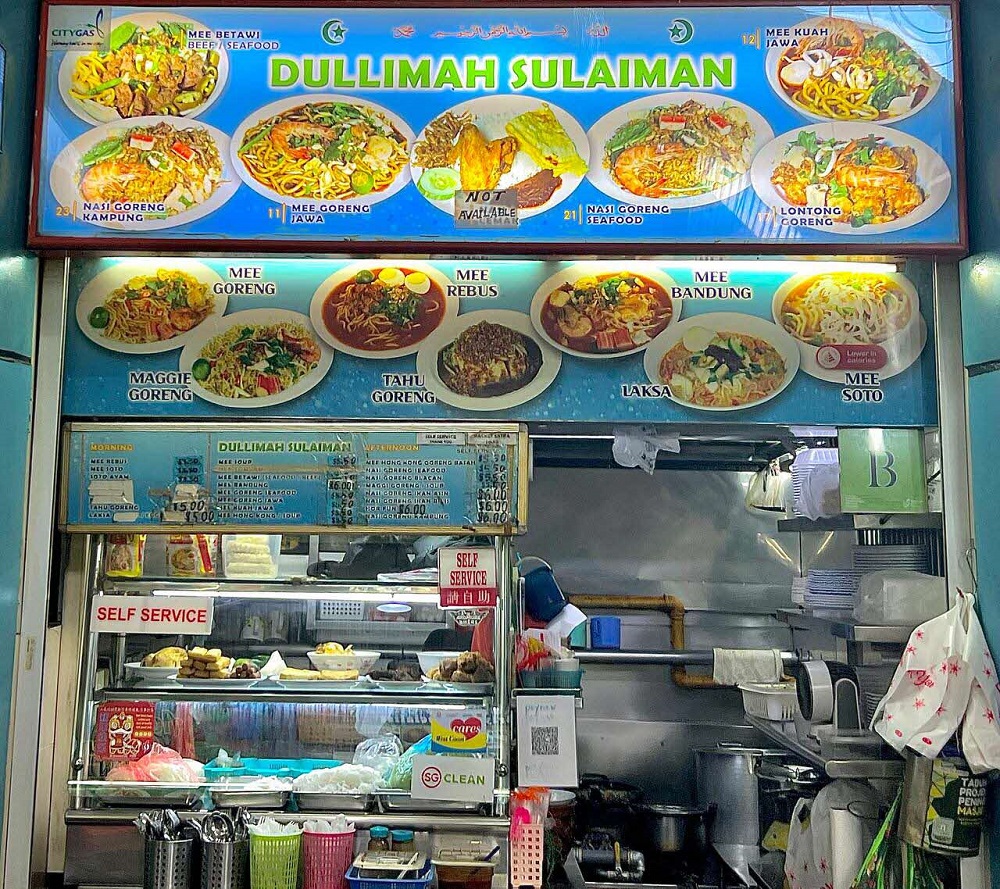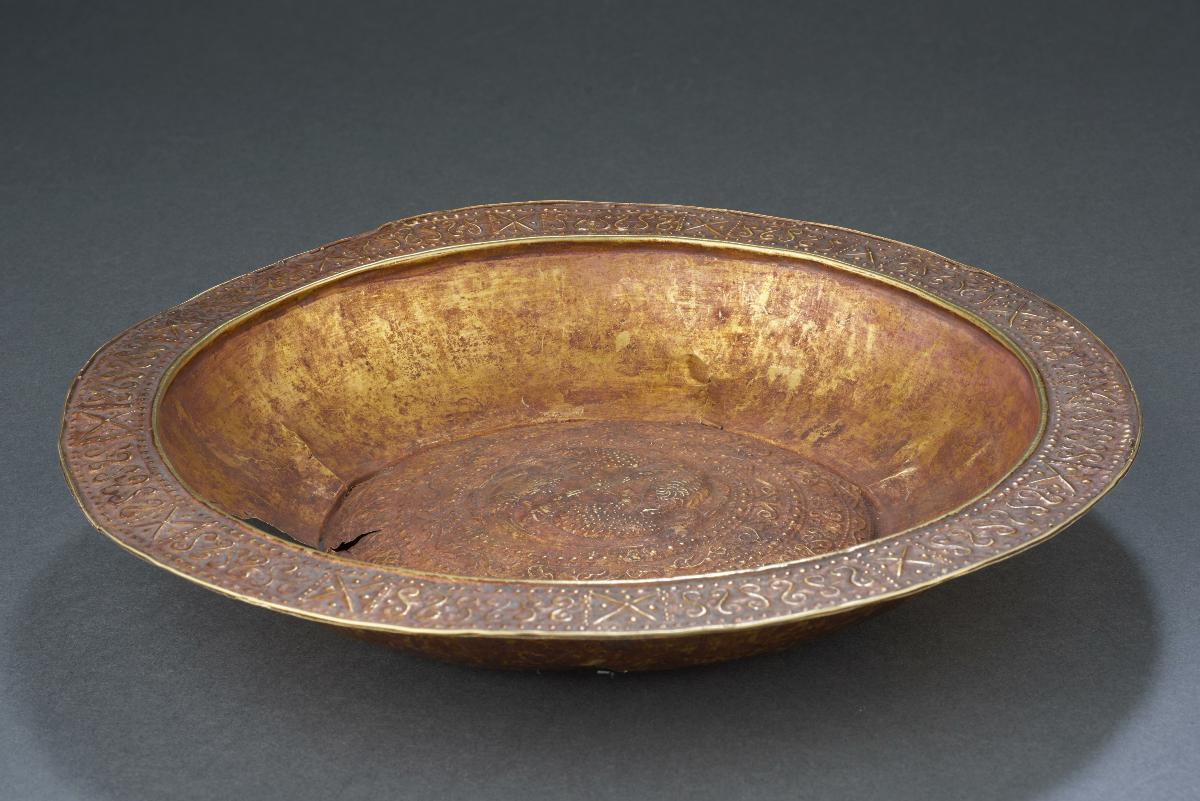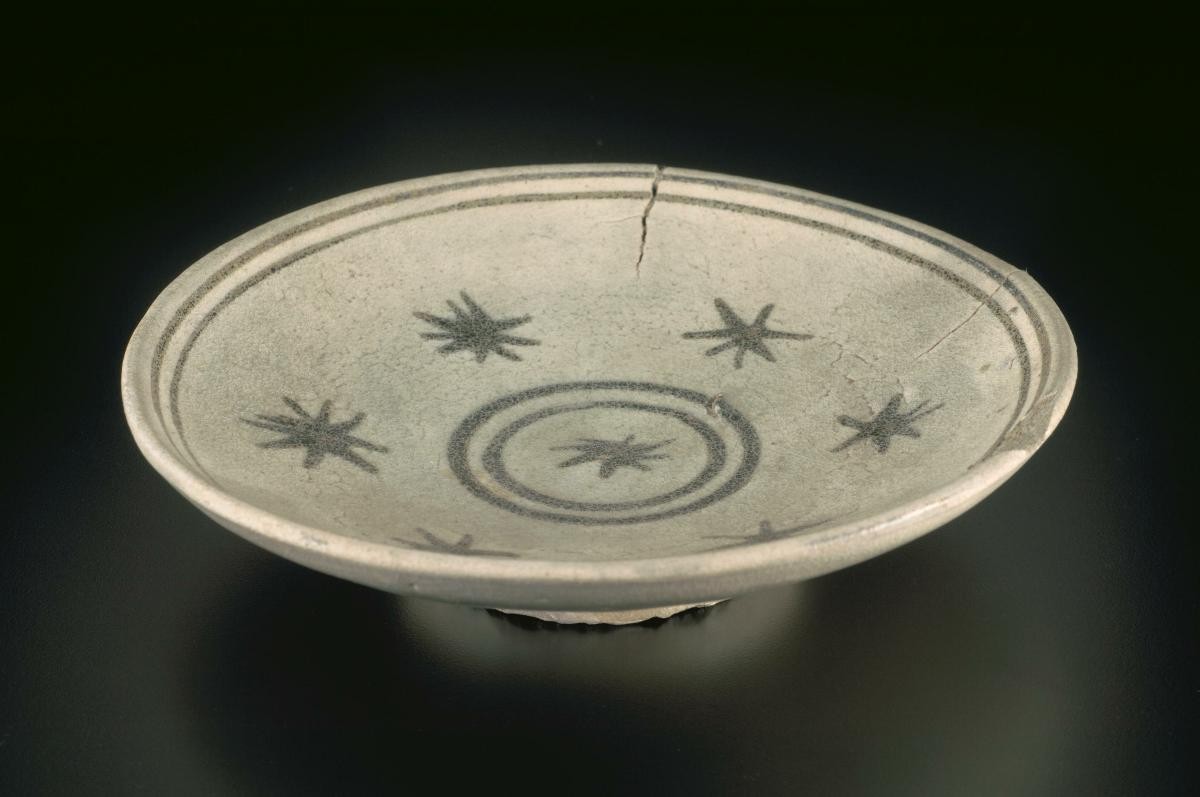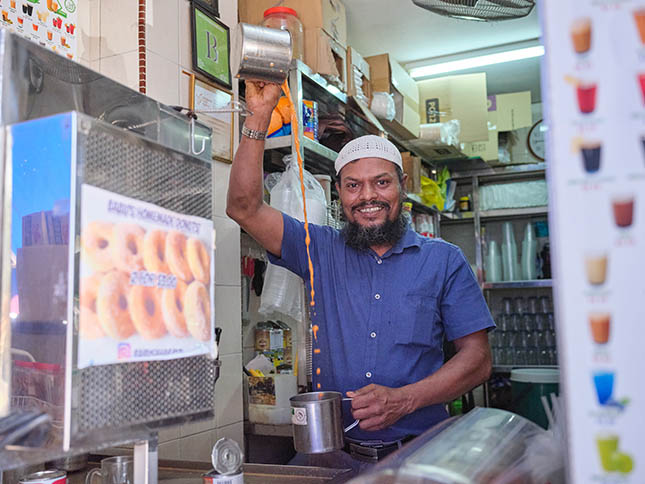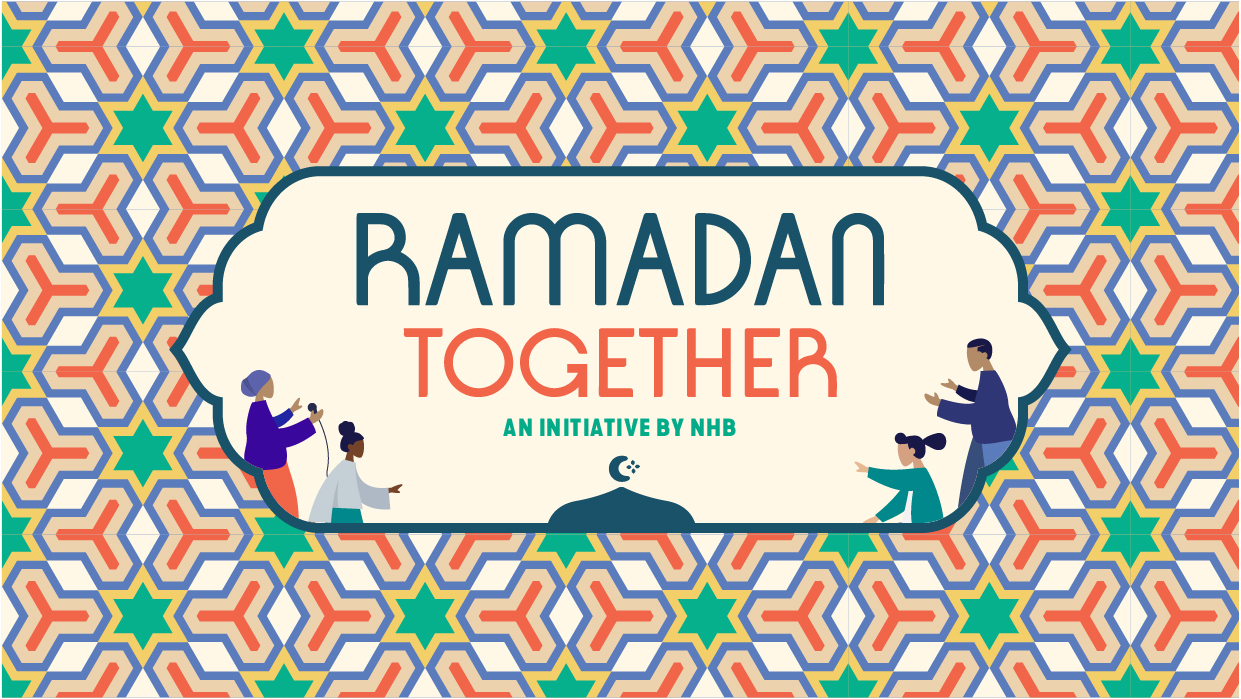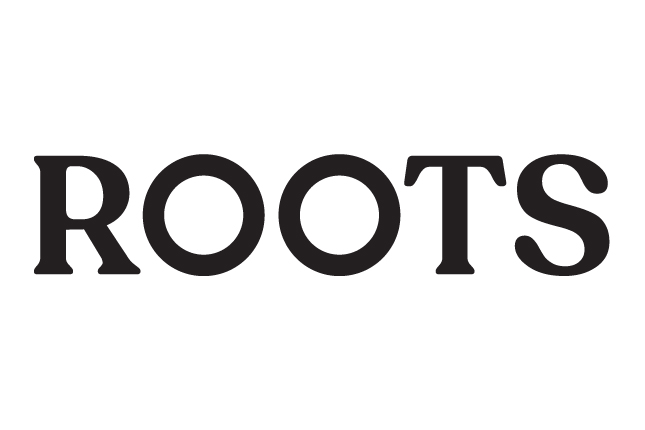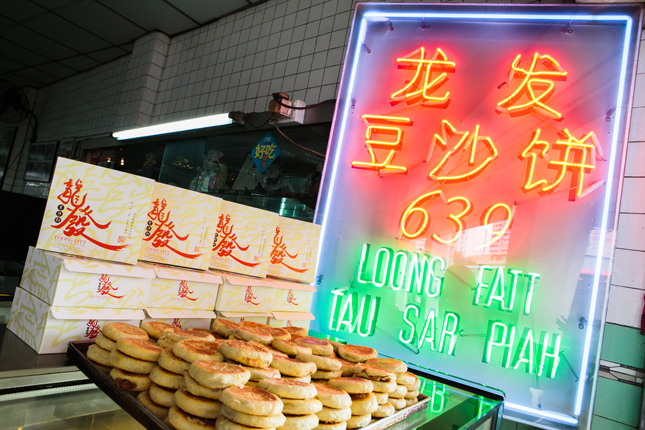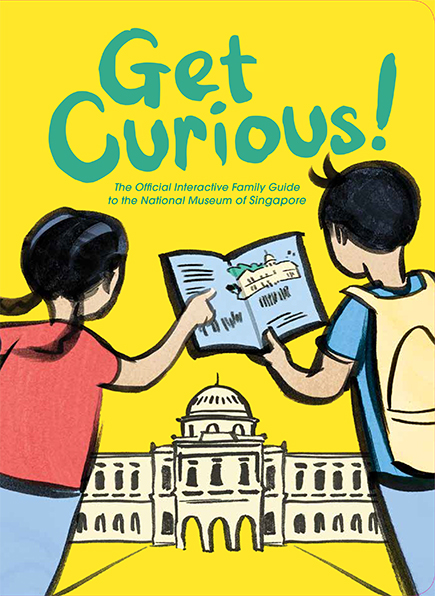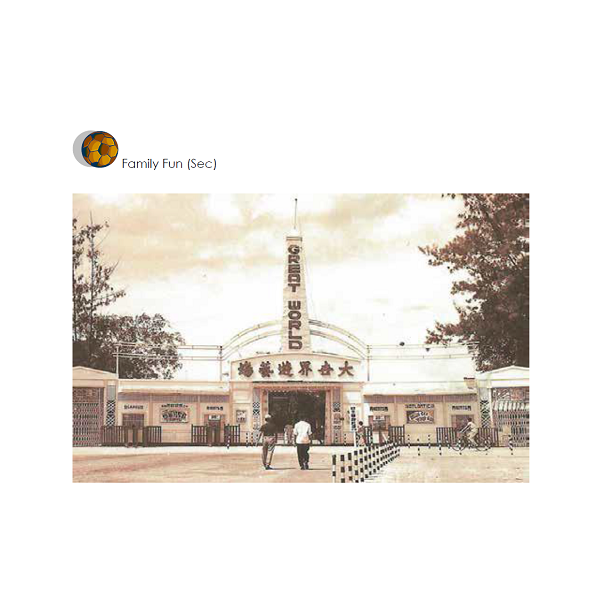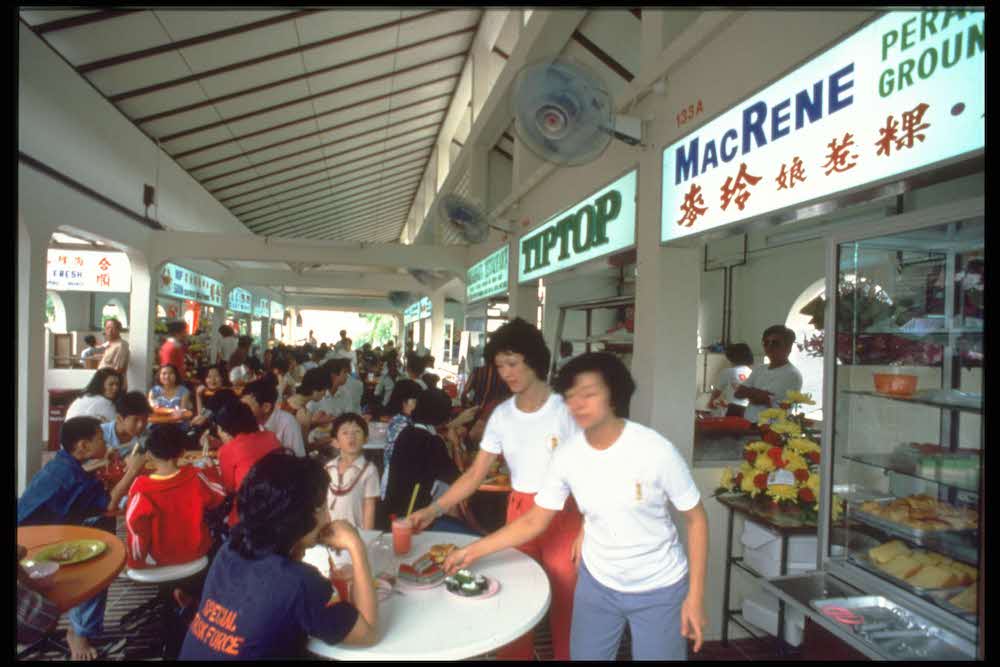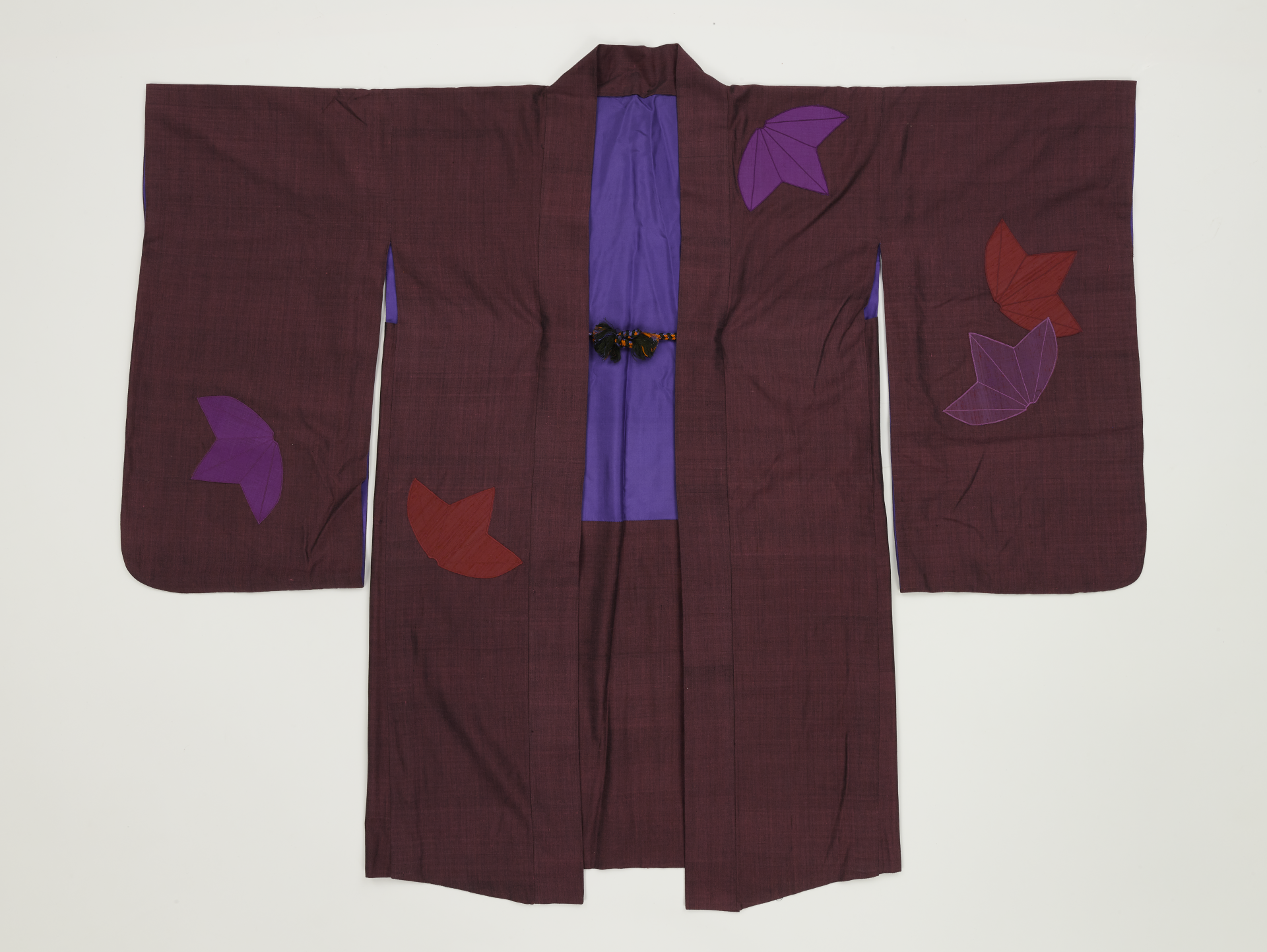At Stall 52 at 503 West Coast Drive, Ayer Rajah, third-generation hawker Noraida Jaini continues a legacy that began 40 years ago when her grandmother first sold Malay dishes from a humble pushcart. Today, as the proprietor of Dullimah Sulaiman, she navigates rising costs and evolving tastes, while striving to preserve her family’s culinary heritage.
A Sense of Community
Dullimah Sulaiman is not only a hawker stall but also a community hub, where long-time regulars, some of whom patronised the stall when it was run by Noraida's grandmother, return to relish the home-cooked flavours they love. "We have customers who are in their fifties or sixties now. I remember when they were in their twenties," Noraida reflects. "Now, they bring their kids and grandkids to enjoy the same food they grew up with."
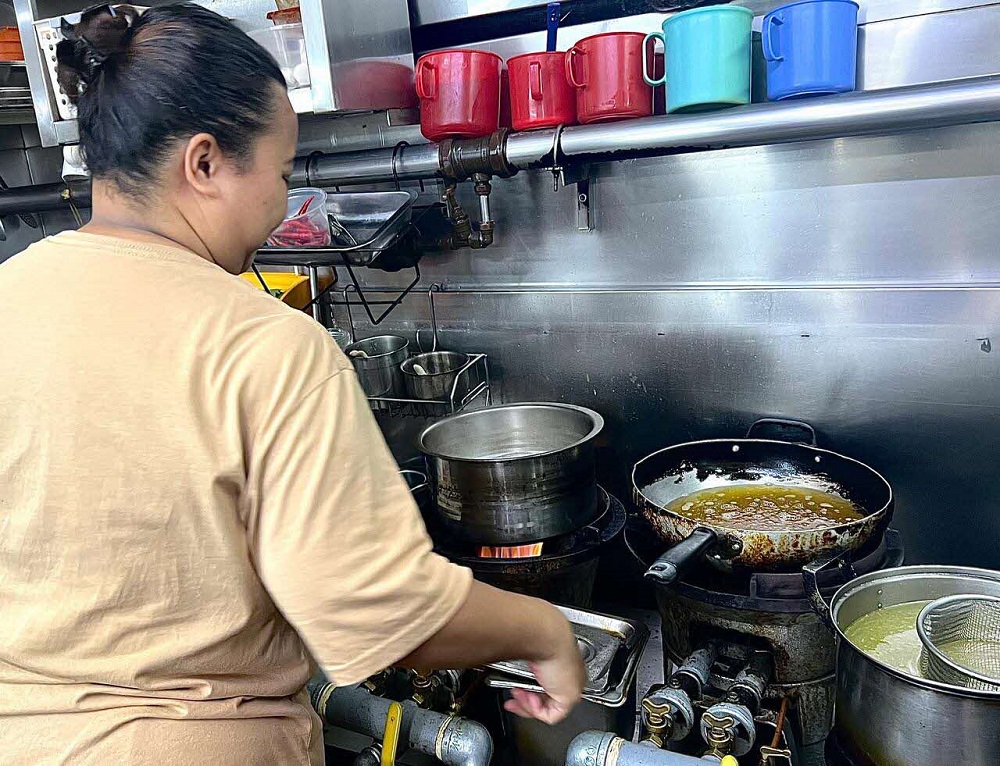
Now in her early forties, Noraida grew up immersed in the sights, sounds and aromas of hawker life. "I grew up here. After school, I'd always come by and help out," she recalls nostalgically, with a smile.
Facing Modern-Day Challenges
While many hawkers turned to social media platforms for much-needed support and publicity during the COVID-19 pandemic, elderly hawkers who were not technologically savvy found it hard to adapt.
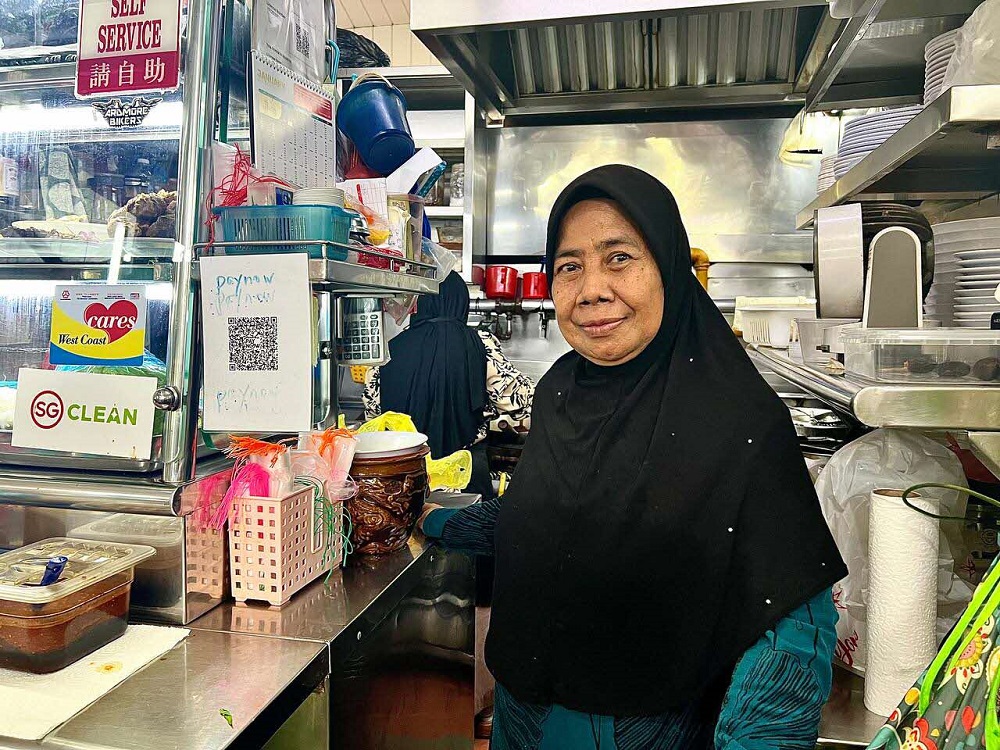
Noraida admits: "We do not engage with Facebook and Instagram." Fortunately, loyal customers have become unofficial ambassadors, introducing new customers through word-of-mouth and promoting the stall online. Their support brings in new faces and strengthens the community, keeping Dullimah Sulaiman thriving.
Financial pressures present ongoing challenges. "It's not easy," Noraida confides. "Long hours, rising rent and soaring ingredient costs make it tough." Traditionally, everything was prepared from scratch, from fried onions to spice pastes. But with fluctuating prices, Noraida has had to find cost-effective alternatives while keeping the heart of her dishes intact.
Staffing poses another significant challenge. “My siblings can't always help; they're not familiar with the work," she explains. "When we have no workers, we cover for each other."
Keeping the Legacy Alive
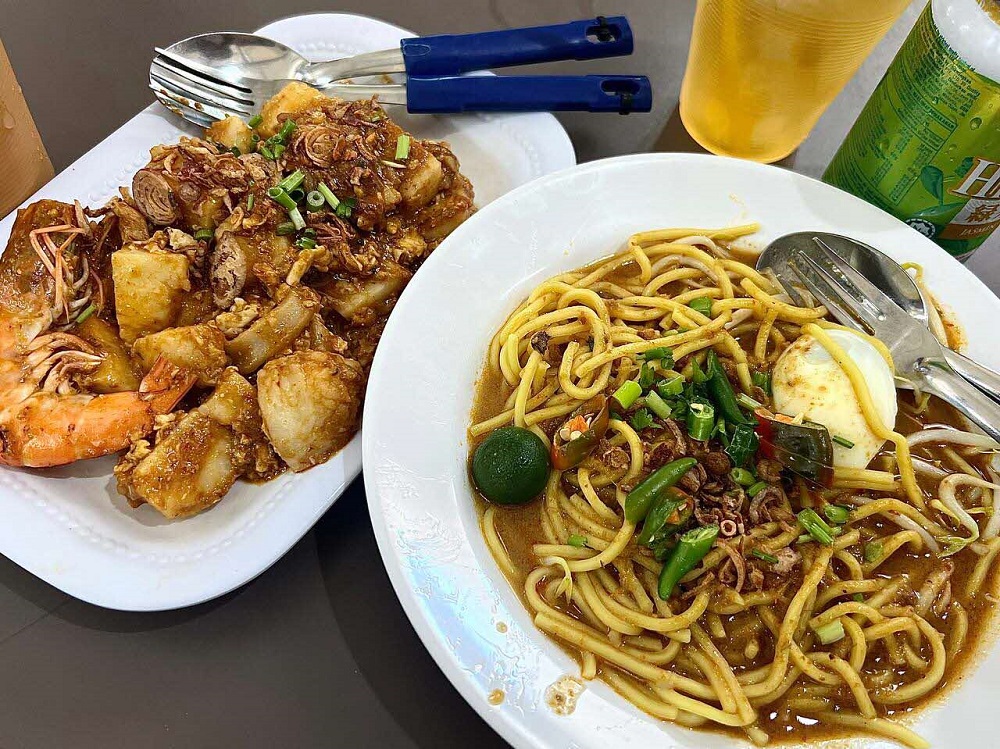
Finding a successor remains one of the largest challenges for family-run hawker stalls. Hiring help is costly, and few workers share the same passion as veteran owners. "People work just for part-time money," Noraida observes, making it tough to find someone who truly cares for the stall the way her family has for generations. "It's been hard to hire workers nowadays."
Noraida is not alone. A 2020 survey conducted by the National Environment Agency found that 87.3 per cent of respondents do not want to become hawkers. As for the future, Noraida remains pragmatic. "It depends," she says when asked about whether she would advise others to take on the hawking business. "If you have the interest, pursue it. But have a backup plan and family support. Without them, it's tough."
Every dish served at Dullimah Sulaiman – from the hearty lontong to the rich mee rebus and fragrant nasi goreng – represents more than just food; it is a taste of history, crafted with love and tradition. This stall isn't just a business; it's a legacy of passion, culture and the comforting flavours of home. While Singapore’s hawker culture, as we know it today, faces an uncertain future, Noraida's story reminds us that at the heart of Singapore's beloved food heritage are the dedicated individuals who work tirelessly to preserve it, one dish at a time.
This article was written by students from Republic Polytechnic’s Diploma in Mass Communication.
Notes
- Workgroup on Sustaining the Hawker Trade. “Workgroup on Sustaining the Hawker Trade Report”. National Environmental Agency, Singapore, 24 November 2020.




